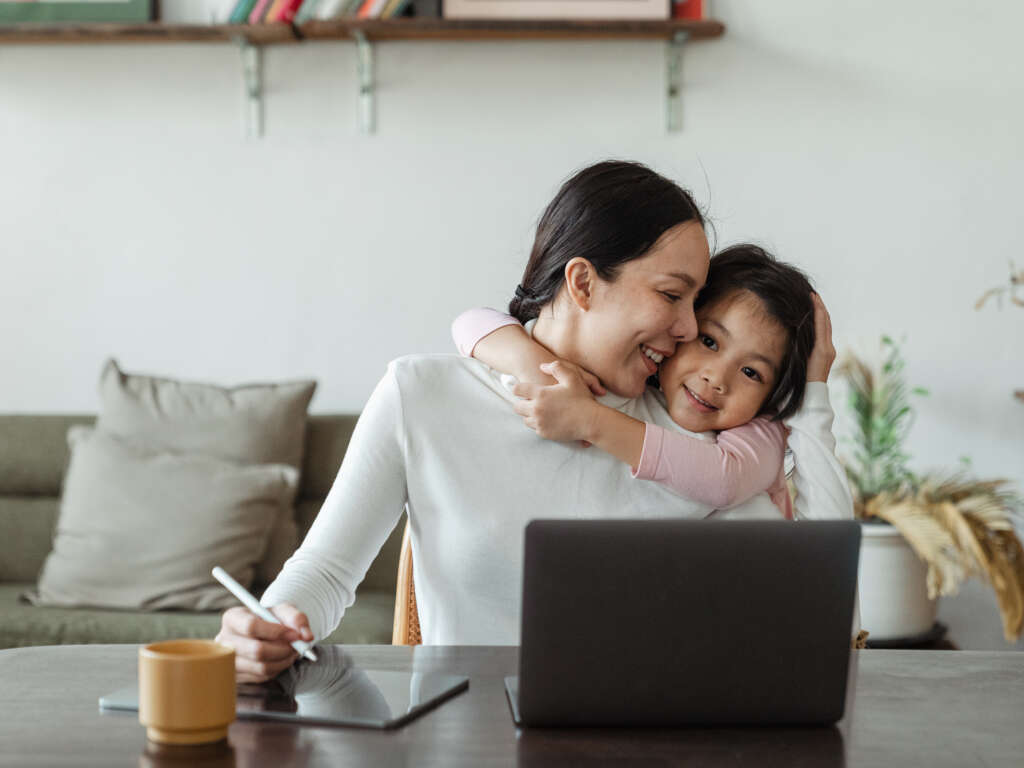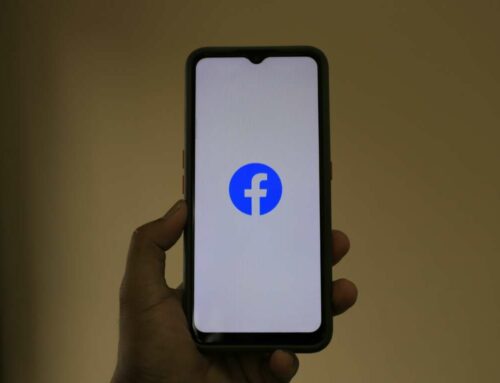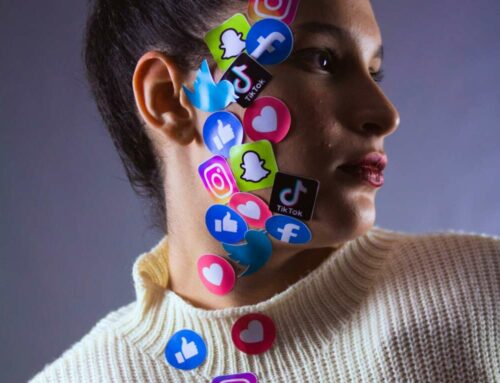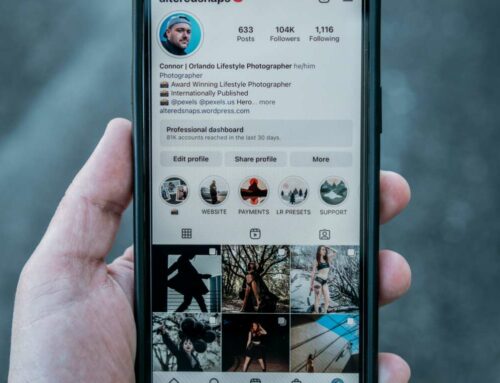
Social media has become an integral part of our daily lives. From sharing personal moments with friends and family to staying informed about current events, social media has transformed the way we communicate and connect with others. While there are some negative effects associated with social media, such as addiction and cyberbullying, there are also positive effects that cannot be ignored. In this article, we will explore some of the positive effects of social media.
Table of Contents
1. Community Building
Social media platforms like Facebook, Twitter, and Instagram provide a space for people to connect with like-minded individuals and build communities around shared interests. Whether it’s a group for parents of young children or a fan club for a popular band, social media allows people to find others who share their passions and form relationships with them. These communities can provide a sense of belonging and support that is especially important for people who may feel isolated or alone in their offline lives.
2. Increased Access to Information
Social media has made it easier than ever before to access news and information from around the world. With just a few clicks, we can read articles, watch videos, and listen to podcasts on a wide range of topics. This increased access to information has the potential to expand our knowledge and understanding of the world, and to expose us to perspectives that we may not have encountered otherwise.
3. Business Opportunities
Social media has also opened up new opportunities for businesses to connect with potential customers and promote their products or services. Platforms like Facebook, Instagram, and LinkedIn offer businesses a way to reach a large audience for relatively little cost. This can be especially beneficial for small businesses that may not have the resources to invest in traditional advertising methods.
4. Increased Awareness and Advocacy
Social media has become a powerful tool for raising awareness about social and political issues. Hashtags like #MeToo and #BlackLivesMatter have helped to bring attention to important issues and to mobilize people around causes. Social media has also made it easier for individuals and organizations to advocate for change and to connect with others who share their goals.
5. Creative Expression
Social media platforms like Instagram and YouTube have become popular outlets for creative expression. From photography to music to comedy, people are using social media to showcase their talents and build audiences. This can be especially empowering for people who may not have had access to traditional channels for creative expression.
6. Improved Communication and Relationships
Social media has made it easier than ever before to stay in touch with friends and family members who live far away. Platforms like Facebook and WhatsApp allow us to send messages, make video calls, and share photos and videos with people all over the world. This can help to strengthen relationships and to maintain connections that may have otherwise faded over time.
7. Educational Opportunities
Social media platforms like YouTube and LinkedIn offer a wealth of educational resources for people of all ages. From tutorials on how to code to lectures on history and philosophy, social media is a valuable tool for learning new skills and expanding our knowledge.
Conclusion
While there are certainly negative effects associated with social media, it is important to recognize the positive effects as well. Social media has provided us with new ways to connect with others, to access information, and to express ourselves creatively. It has also become a powerful tool for social and political advocacy, and has opened up new opportunities for businesses to reach potential customers. As we continue to navigate the rapidly-changing landscape of social media, it is important to remain mindful of both the positive and negative effects, and to use these platforms in ways that are constructive and beneficial.


































